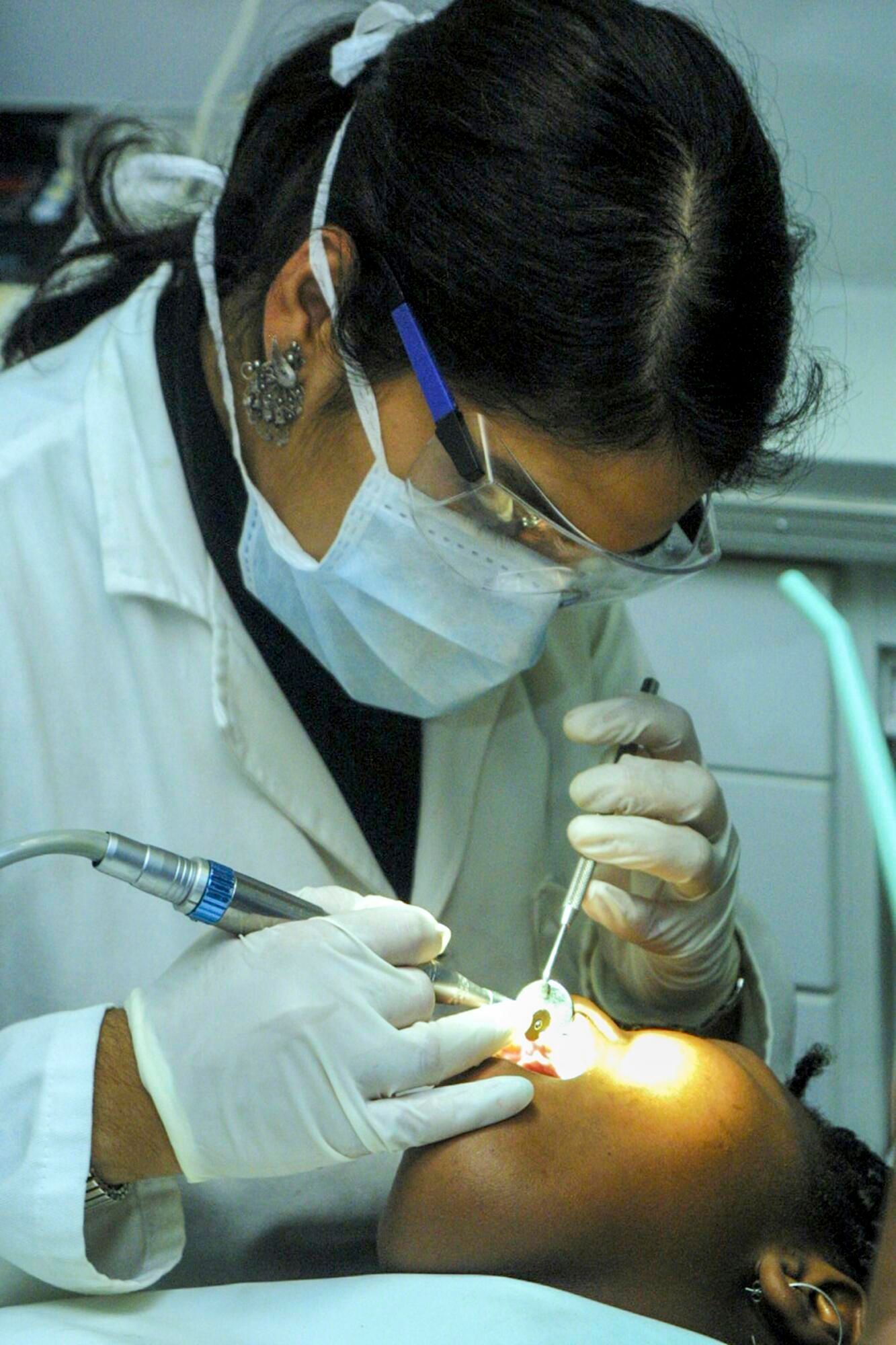What do you know about wisdom teeth removal in Lutz, FL? You can read about some important things to consider for this procedure.
Between 5 and 37 percent of people are missing at least one of their wisdom teeth.
Most of us are unlucky enough to have all four.
While wisdom teeth are naturally occurring, they can cause a lot of problems. That's why most people have them removed.
Are you considering wisdom teeth removal? Keep reading for the top things to think about before your procedure.
Why You May Need Wisdom Teeth Removal
Wisdom teeth removal is a common procedure. Wisdom teeth are another name for your third molars. Most people's mouths do not have room to accommodate these teeth that grow in long after the rest of our adult teeth, usually between the mid-teens and early twenties.
This can lead to numerous problems, so most people have them removed by a dentist or oral surgeon.
When wisdom teeth don't have room to erupt, they are said to be impacted. Impaction means they can't be used properly for chewing or effectively cleaned. Impacted wisdom teeth should be taken out before their roots are fully developed.
Let's take a closer look at some of the most common problems caused by wisdom teeth.
Overcrowding
When wisdom teeth are impacted, they can cause overcrowding.
Put simply there's not enough room in your mouth to accommodate all of your teeth. This can lead to the movement of teeth, especially the lower front teeth. This means that your smile can become crooked even after you've had braces.
Infection
The most common complication from wisdom teeth is infected gums, also called pericoronitis.
When wisdom teeth start coming in without enough room, they can irritate the surrounding gum tissue. This can lead to infection, which can cause swelling, pain, and difficulty chewing and swallowing.
Damage to Other Teeth
When teeth become overcrowded, it can be more difficult to properly clean them.
This can cause problems with the teeth next to your wisdom teeth, the second molars. These problems can include tooth decay, bone loss, and gum disease.
Cysts
When a wisdom tooth becomes impacted, cysts may develop.
Cysts are non-infectious fluid-filled sacs of tissue that develop inside your jawbone. They can expand over time and cause damage to your jawbone and teeth.
Cysts can be challenging to treat when wisdom teeth are left in for too long. Rarely, tumors can form due to problematic wisdom teeth.
How to Know if You Need Wisdom Teeth Removing
Wisdom teeth removal surgery can be done preventatively. By removing your wisdom teeth before they become problematic, you can prevent inevitable damage to your teeth, gums, and jaw.
Your dentist will generally begin evaluating your wisdom teeth when you are in your middle teens. This can be done by performing an oral examination and taking X-rays.
Your dentist and oral surgeon will help you decide when to remove your wisdom teeth.
What if You Don't Have Your Wisdom Teeth Removed?
The longer you wait to have your wisdom teeth removed, the more likely you are to face complications.
When wisdom teeth develop, their roots lengthen and your jaw bone becomes denser. This can make removal more complicated, leading to longer recovery times and higher complication rates.
Addressing complications can be more difficult in older patients because healing takes longer and infection rates are higher.
What to Expect With Wisdom Teeth Removal Surgery
Wisdom teeth removal is a safe, outpatient procedure.
You will be given anesthesia to ensure your comfort and you'll be able to choose from different options. Your procedure will take place in the office where safety is prioritized. Your oral surgeon will use specialized training and equipment to remove your wisdom teeth and provide support before and after your procedure.
Before your wisdom teeth removal, you will be instructed to take medication to reduce pain and swelling. You will be given specific instructions for when you can last eat and drink before your procedure.
You will need a responsible adult to drive you to and from the office. This person will need to keep an eye on you for the rest of the day as the anesthesia wears off. You can expect to be at the office for about 90 minutes.
Your oral surgeon will use the latest techniques in sterilization and infection control to help you heal faster and reduce post-operative pain and discomfort. You can expect to feel sleepy for the rest of the day. If you need stitches, you can expect them to dissolve on their own within 3 to 5 days.
Once the anesthetic wears off, you may feel pain. Your oral surgeon will instruct you on which pain medications you can take.
It's recommended that you start with a gentle diet as the medications used may cause an upset stomach.
Remember that these are general expectations and your surgeon will give you specific instructions based on your unique needs.
Wisdom Teeth Removal Cost
How much wisdom teeth removal costs depends on a variety of factors including how difficult it will be to remove your teeth and the type of anesthesia you choose.
You will have a consultation with an oral surgeon who will perform an examination, review your x-rays, go over anesthesia options, and provide a cost estimate.
You may be able to use insurance for your procedure. How much your insurance provider will cover depends on your policy. Your surgeon's office will work to ensure you get the most out of your insurance coverage.
Are You Interested in Learning More About Wisdom Teeth Removal?
Wisdom teeth can be a literal pain. If you are experiencing problems with your wisdom teeth or just want to stay ahead of potential problems, we are here to help.
Click here to contact us today to schedule an appointment with an oral surgeon in Lutz FL.




